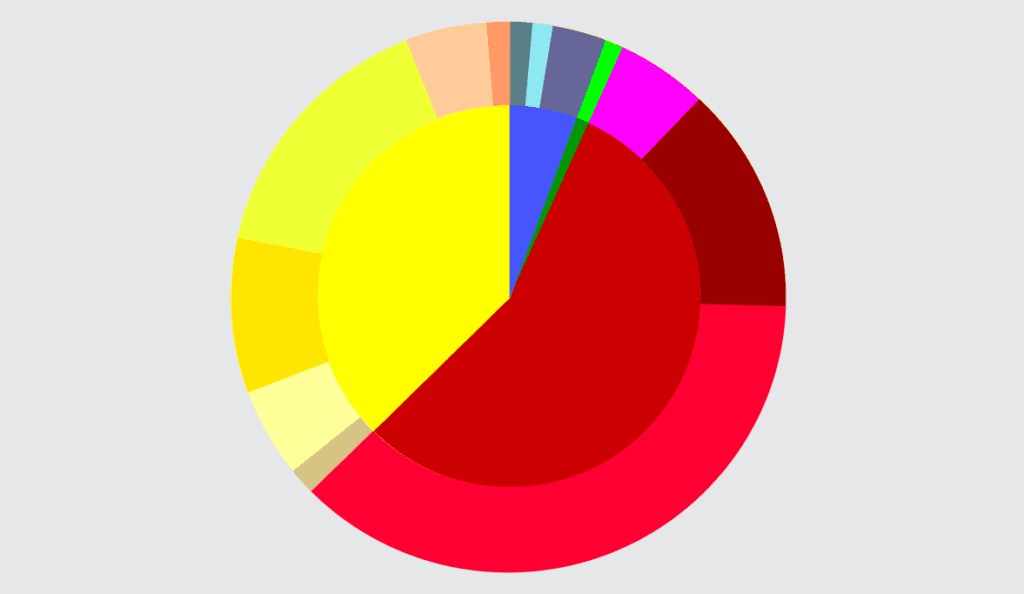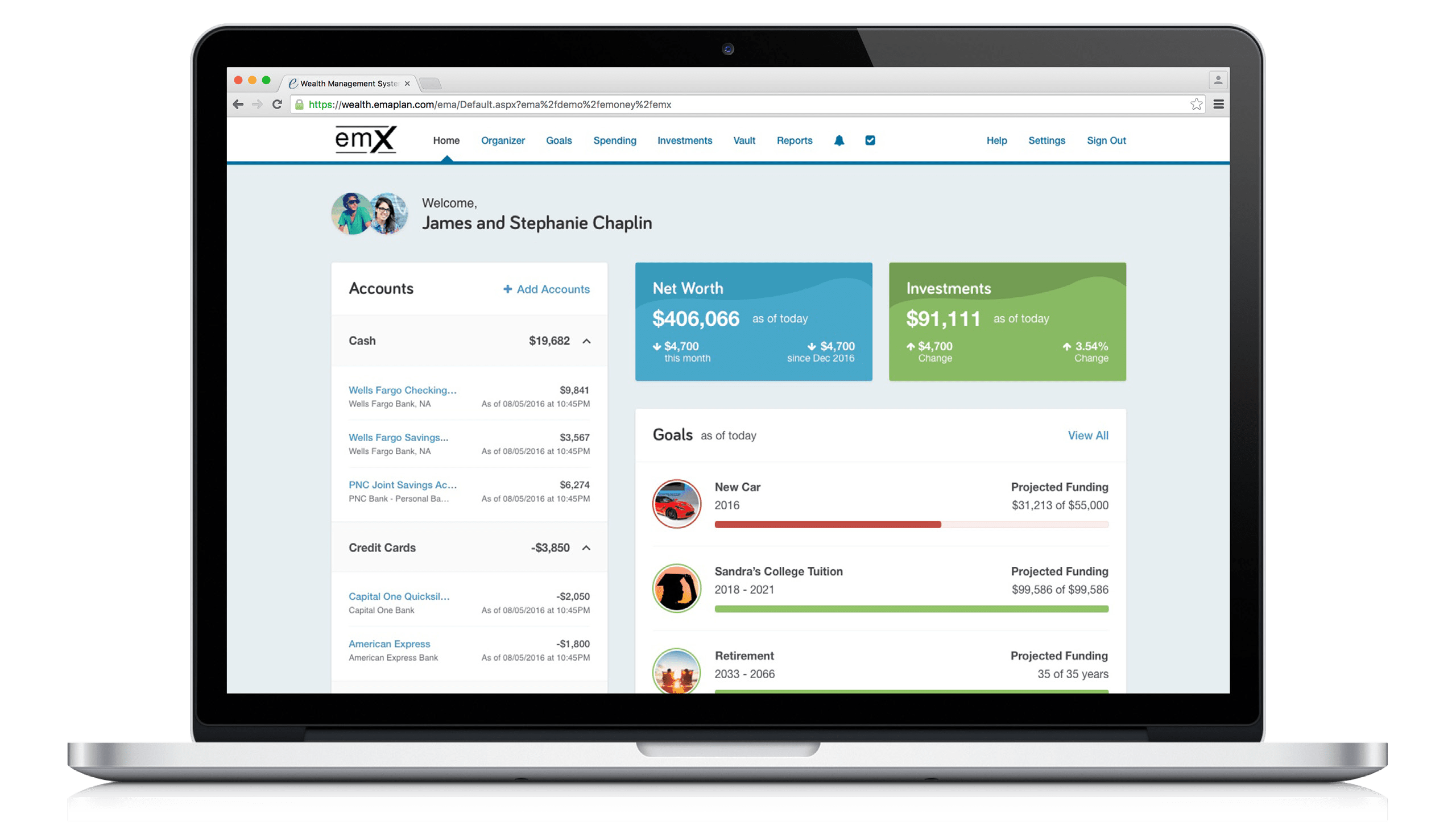The only people I’ve ever known who never seemed to have a problem saving were my parents. At 93 and 90 years of age, they are prototypical members of the Depression-WWII generation. Though I was blissfully ignorant of their financial affairs while I was growing up, as an adult I have come to understand and appreciate how well they managed on very modest salaries. They have, in fact, continued to save throughout their long retirement, growing the modest nest egg they had when they retired in their 60s into a more substantial portfolio now.
As we Americans enter a period that promises to be economically challenging – if not as challenging as the Great Depression itself then at least more challenging than the circumstances most of us are used to – I find myself thinking about how my parents were able to spin gold out of economic straw and about what we might all learn from their example. Though I doubt that they themselves would presume to give advice, to me they have become proof points for a set of attitudes and behaviors that subsequent generations seem to have forgotten – traits that many in fact thought to be outdated. Yet our recent experiences suggest that they are not outdated. They are as relevant today as they were 80 years ago. By adopting, or at least adapting these precepts to our times, I believe we can all learn how to better weather our current economic challenges and prosper again.
First, Adjust Your Perspective
Their position in history gave The Greatest Generation a priceless gift: perspective. If you got through the Depression and survived the War in one piece, you had probably seen the worst that life was going to throw at you; other challenges and deprivations simply paled in comparison. As a result, the Depression-War generation tended to develop two complementary attitudes that the rest of us could benefit from adopting. The first was an acceptance of the fact that they had to deal with problems as they presented themselves, regardless of who was at fault. The second was a healthy modesty regarding their role in the larger scheme of things. Simply put, they learned to tackle problems head-on without complaining, and rarely suffered from an overblown sense of self-importance or entitlement.
A sense of entitlement, it turns out, is a debilitating economic condition. If you believe that the universe revolves around your personal needs and desires, then you are crippled when the world doesn’t always give you what you want. You see every disadvantage, each setback, as essentially unfair. You believe it must be somebody else’s fault that you have to work hard or that you don’t have as much as somebody else. Rather than simply getting on with whatever you need to do to overcome those obstacles, you want to complain that someone else – society, government, your family, whoever – ought to remedy the situation. Someone else should have to worry about your retirement, about the risks you take, about how much value you create relative to what you want in life. The idea of accepting the burden of fending for yourself, including saving for the future, seems unfair.
On the flip side, the practice of saving means that you may need to forgo something today you believe you ought to have. If you want it you feel like you deserve it. Your friends and colleagues all seem to have these things, so why not you? You’re just as good as they are.
It was an epiphany when I realized that it was these self-generated feelings of entitlement and deprivation – and not the economic realities themselves – that have caused most of us in subsequent generations to avoid saving as much as we should. We are not, let’s admit, talking about cases in which the expected consequence of such forbearance is extreme deprivation, at least not in historical terms. One needs to know very little about our ancestors to realize that the overwhelming majority of Americans of all income levels are vastly wealthier and more secure now than earlier generations could ever hope to be. No, in most cases we are talking about a modest lowering of our consumption and expectations. Yet time and again people today react to these choices like they will be fatal. Drive an old car? Unthinkable. Turn off cable TV and visit the library instead? Absurd. Stop eating out on a regular basis? Are you nuts?
To the WWII generation these were trivial things. Given their experiences, the ability to save was an opportunity to be prepared for whatever life might throw their way. It was a gift, not an imposition. It put them in control and gave them peace of mind. They didn’t dwell on the idea that someone else might ultimately be responsible for the problems they faced. They figured out what was required of them and got on with it without feeling sorry for themselves.
Boomers, X-ers, and echo-boomers take notice: however bad the current recession feels, we still have it made in historical terms. Penicillin didn’t exist in the 19th century. Most of our grandparents grew up without central heating or plumbing. Did you ever see a picture of a fat Civil War veteran? The concept of retirement wasn’t invented until the 1880s; people just worked until they died. What my parents believed, it turns out, is still true: the world doesn’t owe us anything, but it has given us all much. We should save some of what we have for a time when we’ll need it to be masters of our own fate, without expecting someone else to rescue us.
Money Isn’t Who You Are Or What Makes You Happy
I once asked my Father, who had graduated from high school in the only year his school’s senior prom was cancelled for lack of funds (1933), “Dad, what was it like being poor?” He paused for a moment, apparently puzzled, and then replied, “We weren’t poor. It’s just that nobody had any money.”
I have often pondered this Zen-like response and find it to be very wise. Most of us assume that if you don’t have a certain amount of money, you’re poor. To my father, however, poor is a state of mind, a way of looking at yourself, and not a reflection of how much ready cash you have in the bank. He refused to be defined by labels because he knew who he was without them.
Truly appreciating the revolutionary nature of this point of view – and why it is so valuable –requires some historical perspective. For almost a millennium Western society was based on a feudal model, that is, a set of societal norms that dictated the social value and place of every individual in it. If your parents were peasants, so too were you, and you were by definition a person of low status. If you were born into an aristocratic family, you inherited that advantage without any effort on your part. For most, the very profession that you practiced was dictated by familial circumstances.
With the coming of modern industrial capitalism, however, these old strictures broke down, especially in the United States, where there was no inherited aristocracy. In a feudal society members of the aristocracy were considered to have the right to a disproportionate measure of societal wealth simply because they were defined as higher status individuals. In a modern society based on economic freedom, however, individual incomes are broadly based on the value of their contributions to the economy as a whole, as determined by other participants in that economy, i.e., the marketplace. As a consequence, economic value and social approbation are no longer firmly linked. Yet some people today still carry over feudal values by conflating social position with high income or wealth. This happens in spite of the fact that one of the bedrock values of the modern middle class is to accord certain people and professions relatively high social status despite typically average or even below-average incomes, for example, teachers, firefighters, and members of the clergy.
So what does this social theory have to do with saving money? It is important because all too often individuals still believe that the only path to self-respect or social acceptance is the display of wealth. Yet experience has shown us over and over again that neither of these things is truly for sale. Of course there will always be people who defer to money, but when the money runs out so does the respect. Despite the fact that most people know this, the fear of appearing to be ‘poor’ or living ‘below one’s station in life’ is a routine cause of chronic overspending. Luckily, my parents didn’t worry much about keeping up with the Joneses. They never made the mistake of thinking that they could make friends or influence people by the size of their house or the flashiness of their car. They had nice things, but no more than they could afford. Today, in an era of newly downsized expectations, anyone wishing to maintain or build true wealth would do well to remember what my parents knew: that you can’t buy either friends or true happiness.
Debt is More Expensive that You Realize
Several years ago, when my father was in a nursing home recovering from a stroke, I tried to order a phone for his room. The phone company denied my request because, as I discovered, he didn’t have a credit history. Despite a seven-figure portfolio, he was ‘off the grid’ from the perspective of a typical lender. Until that moment, I hadn’t stopped to consider what had caused this situation or what impact it had had on my parents’ finances.
Like many in their generation who had lived through the aftermath of the last big debt bubble, my parents had generally paid cash for everything they ever bought. I know they had a small loan on their first house – which they paid off in 7 years – and that my Dad’s business had borrowed to buy equipment and other capital items – but other than that the rule was buy only what you can afford to pay cash for. This included their second house, which they purchased about the time I graduated from college. Eventually, they carried a MasterCard around in their wallets, but it was the kind that withdraws the funds directly from their investment account. To my knowledge, they have never paid a dime in credit card interest.
These days everybody in Washington seems to be fretting about how users of credit cards are going to be able to afford to continue to do so. My parents would have a simple answer to that one: pay cash for what you want. If you don’t have the money this month, save until you do.
While many people today seem to think that this approach is a sure-fire way to have less, what I have learned is that it is actually a sure-fire way to maximize the value of one’s lifetime earnings. Instead of paying three times more for your house than the selling price because you are paying so much interest, take out a smaller mortgage or pay it off early. Money you don’t have to spend on interest is money you have to save and invest and see grow over your lifetime.
It was a pleasant fantasy to believe that houses are alternative savings vehicles and that mortgage debt is a way to ‘build wealth’ (as the advertising goes), but I’m here to tell you that neither of these things is true. Though there are exceptions to every rule – the house that appreciates wildly or the IPO stock that turned out to have been a brilliant move (think Microsoft in 1987) – the fact is that both of these things are simply lucky windfalls. Counting on them does not constitute good investment strategy. I estimate that by avoiding debt over their lifetimes my parents increased their net worth by almost one-third.
Investment Capital and Cash Flow Are Different Kinds of Money
In the fall of 1987 the stock market suffered the most horrifying drop anyone could remember: the Dow fell more than 22% in a single day and considerably more by the end of October. When I called my Dad to see what he was going to do about it, he replied: “Nothing.”
Though this is something that could be considered to be an investing lesson rather than a saving lesson per se, in this case I believe the two concepts are related. Most of us save money with the hopes of investing it for a greater long-term profit than we could earn in a bank. And as we have recently had to re-learn, a savings/investment strategy is only as good as one’s ability to stick to it through a complete investing cycle, the downs as well as the ups.
What I came to marvel at was that my Dad, a person of modest means, was perfectly comfortable with a long-term investment strategy that fully accepted the ups and downs of the stock market. He began investing in the 1950s and never gave up, through wars and recessions and stagflation and Black Monday and the tech boom and all the rest. What was his secret? I believe his secret was living a life that didn’t require his long-term investment gains to be huge. His cash flow was always sufficient to secure the family’s basics, and therefore he was free to think about his investments over the long term without compromising short-term solvency.
In contrast, most investors never feel comfortable letting go of short-term measures. I believe this is because they feel like they need the money in the short term. Unfortunately, they end up paying a significant price for this, losing or aborting their potential long-term gains.
Four Important Lessons
So here’s how I would boil down the lessons that I have internalized from long association with my atypical/typical parents.
First, be grateful for what life gives you. Don’t complain about what you don’t have or how hard you have it. There may be people who have more than you do, but there are also always people with less. And don’t forget to save some of what you have today for a time when you’ll need it more than you do now. You’re lucky you have the opportunity to do so.
Second, however much – or how little – money you have, it doesn’t define who you are nor does it really determine what other people will think of you. If somebody isn’t impressed enough with your car to want to hang out with you, he/she is a shallow so-and-so and doesn’t deserve to be your friend in the first place.
Use debt sparingly and wisely. Each time you do, be sure that what you use it for will truly add value to your life – net of the interest you pay on it.
Finally, money for living (cash flow) and money for investing are really two different things. You’ll only be successful as an investor if you can recognize – and live with – the difference.
There you have it: my parents’ recipe for a happy and prosperous life. It’s worth more than its weight in gold.



